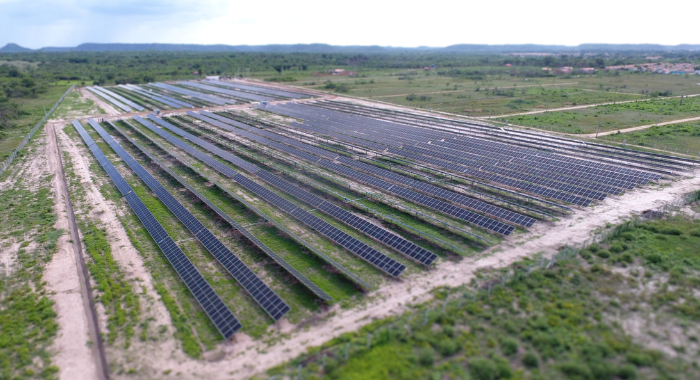Understanding the importance of clean energy in promoting a sustainable future
The world is in the midst of an essential energy transition to ensure a more sustainable future. The search for renewable energy sources such as biogas and solar energy has been a powerful response to sustainability issues. These energy sources have the potential to reduce dependence on fossil fuels, reduce greenhouse gas emissions and improve energy security.
Biogas: A Powerful Renewable Energy Source
Biogas is produced from the decomposition of organic matter, such as agricultural waste, animal waste and food waste, in an oxygen-free environment. This decomposition process, known as anaerobic digestion, generates a gas that is rich in methane, a powerful energy generator.
According to the International Energy Agency (IEA), in 2022, global biogas production was estimated at 40 billion cubic meters, with the potential to increase to 140 billion cubic meters by 2040. This exponential growth signals a promising future for biogas as a key renewable energy source.
In addition to producing clean energy, the use of biogas also helps manage waste sustainably. A report by the Food and Agriculture Organization of the United Nations (FAO) estimated that if all organic waste produced globally were used to produce biogas, we could reduce greenhouse gas emissions by up to 13%.
Solar Energy: An Unlimited Potential
Alongside biogas, solar energy has been another dominant force in the energy transition. Solar energy is derived from solar radiation, an abundant, renewable energy source that is completely free of greenhouse gas emissions.
Installed solar energy capacity worldwide has grown from 40 GW in 2010 to a staggering 713 GW in 2021, according to the International Renewable Energy Agency (IRENA). IRENA also predicts that solar power capacity could increase to 8,519 GW by 2050, representing a significant increase in its contribution to the global energy mix.
Challenges and Opportunities in the Energy Transition
While the transition to clean energy presents numerous opportunities, there are also challenges. The current energy infrastructure is still largely based on fossil fuels, requiring large investments for the transition. In addition, the natural variability of solar energy production and the collection and processing of waste for biogas production also present obstacles.
However, with proper government policies and investments in research and development, these challenges can be overcome. It is crucial that authorities recognize the value of the energy transition and put in place incentives that encourage the development of clean energy technologies.
On the way to a sustainable future
The transition to clean energy isn’t just about mitigating climate change – it’s about building a more sustainable and resilient future. Biogas and solar energy are two sources of clean energy that have enormous potential to drive this transition. They offer a sustainable energy solution that reduces greenhouse gas emissions, promotes sustainable waste management and improves energy security.
As the energy transition progresses, we all have a role to play. Governments must implement policies that encourage the adoption of clean energy. Companies must invest in clean technologies and adopt sustainable business practices. And individuals can make a difference by making informed decisions that reduce energy consumption and support the transition to clean energy sources.
With coordinated efforts, the transition to clean energy can lead to a more sustainable future for all of us.

Comment